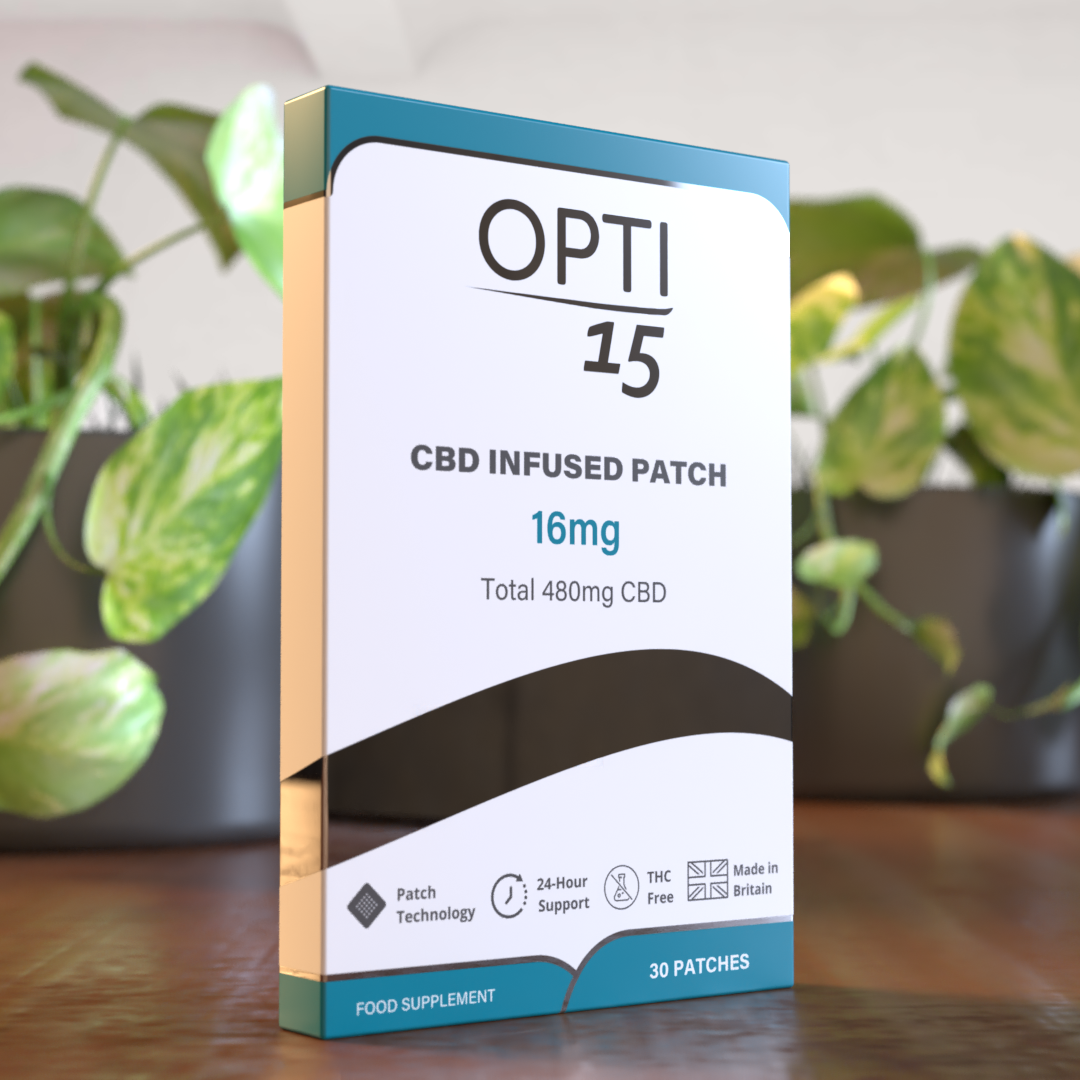Top 8 Glutathione-Rich Foods and a Convenient Supplement Alternative

Glutathione is one of the most significant and powerful antioxidants in the body. Antioxidants are chemicals that fight the body's free radicals to lessen oxidative stress. Your body produces glutathione, but the majority of antioxidants are also found in foods. It is primarily made up of the three amino acids glutamine, glycine, and cysteine.
Numerous factors, such as a poor diet, chronic illness, infection, and ongoing stress, can cause your body's glutathione level to drop. It is also known that glutathione levels decline with age. It is crucial to maintain sufficient amounts of this antioxidant.
In this article, we will discuss the top 8 foods that are rich in glutathione and convenient supplement alternatives that you can choose to raise glutathione levels in the body.
Why do we need glutathione?
Your body uses glutathione for a variety of chemical processes. It also aids in the detoxification of toxins, medicines, and chemicals, including those that your body naturally produces.
-
For skin: Some people use injectable glutathione to cover up dark spots or lighten their skin. However, there is scant evidence that glutathione can alter the color of the skin. Furthermore, the FDA cautions that using injectable glutathione for your skin may be dangerous in the Philippines, where the practice is common. According to the EPA, it may have harmful effects on the liver, kidneys, and nervous system.
-
For liver: It's believed that glutathione helps the liver rid itself of toxins. It might shield your liver from harm as well.
According to a short trial, liver enzyme indicators improved in patients with nonalcoholic fatty liver disease who received glutathione orally for four months. According to other studies, liver function tests improved for patients with liver disease who received large intravenous doses of glutathione.
- For weight loss: According to some research, glutathione may aid with weight loss. According to one study, obese individuals with higher glutathione levels lost more weight after six months of adhering to a balanced diet.
Natural food sources of glutathione:
There are natural ways to increase your glutathione levels:
-
Garlic: One of the best foods to increase your body's glutathione levels is garlic. Sulfur and compounds containing sulfur are abundant in garlic. An essential component of glutathione synthesis is sulfur. The sulfur compounds found in garlic include cysteine, an essential amino acid that the body needs to produce and maintain glutathione levels.
Additionally, garlic lowers cholesterol and blood pressure, strengthens the immune system, and guards against cardiovascular illnesses.
-
Almonds: An essential mineral, selenium, works as a cofactor for glutathione and is essential for maintaining glutathione activity in the body. Selenium can be found in nuts such as almonds. The Indian Council of Medical Research (ICMR) states that individuals should consume 40 micrograms of selenium each day. Almonds should therefore be a part of your regular diet. Almonds can either be added to protein smoothies or soaked overnight and eaten in the morning.
-
Oranges: Vitamin C, which is essential for the synthesis and upkeep of glutathione, is abundant in oranges. By targeting free radicals first, it has been shown to help raise glutathione levels in the body. Consequently, glutathione is spared. Additionally, studies have shown that vitamin C aids in glutathione reprocessing by transforming oxidized glutathione back into its active form. Foods high in vitamin C have antioxidant qualities that make them an excellent method to strengthen your immune system. To increase your glutathione levels, you can also take vitamin C and glutathione supplements.
-
Avocados: Glutathione is abundant in avocados. It is present in 19 mg of a medium-sized avocado. Avocado is therefore among the top foods that are high in glutathione. Avocados are also a good source of cysteine, an amino acid that aids in the synthesis of glutathione.
Because of their high fiber and healthy fat content, avocados also help with weight management, heart health, and better digestion. They can be blended into smoothies, mashed for guacamole, or sliced in salads.
-
Strawberry: Strawberries are high in vitamin C, which is necessary for the body to produce glutathione. According to a study, ingesting 500–1,000 mg of vitamin C every day for 13 weeks increased glutathione levels in white blood cells by 18%.
Improved skin, stronger immunity, and heart health are just a few of the health advantages that strawberries provide. To maximize their vitamin and antioxidant value, eat them fresh in salads, blended into smoothies, or combined with yogurt for a healthy snack.
-
Turmeric: In Indian cuisine, turmeric is crucial for both nutritional and therapeutic reasons. Turmeric is frequently used medicinally in Indian homes. Glutathione enzyme activity is improved, and sufficient glutathione levels are restored by curcumin, the active ingredient in turmeric.
Because curcumin has a slow rate of absorption, it is crucial to take concentrated turmeric extract to increase absorption.
-
Spinach: Spinach is a leafy green food that is high in iron, folate, and vitamins A, C, and K. Glutathione production is aided by the folate found in spinach. Antioxidants and minerals included in spinach also support the maintenance of glutathione levels in the body.
But how it is cooked has a big impact on how much glutathione it contains. It is crucial to cook spinach for a little amount of time in order to preserve its natural glutathione content. Using spinach in cooked meals, smoothies, and salads is simple.
-
Chicken: Natural glutathione-rich foods include chicken and similar foods high in protein. All essential amino acids, including cysteine and methionine, are found in diets high in protein. The body needs sulfur, which is supplied by these amino acids, to produce glutathione.
Another option is to take a whey protein supplement, which also contains all the critical amino acids required for the synthesis of glutathione. According to certain research, whey protein supplements lower oxidative stress by raising glutathione levels.

Natural ways to boost glutathione:
A glutathione-rich diet is only one aspect of maintaining good health and antioxidant protection. However, other lifestyle choices can naturally increase your body's synthesis of glutathione.
-
Exercise: Glutathione levels have been reported to rise with regular exercise, especially cardiovascular activities like swimming, cycling, and jogging. Exercise increases the body's synthesis of antioxidants, which strengthens the immune system and helps the body fight oxidative stress. Glutathione synthesis can be increased by both moderate and high-intensity exercise, while overtraining without enough recovery may have the reverse effect.
- Sleep: The production and restoration of glutathione levels, as well as the body's capacity for regeneration and repair, depend on getting enough good sleep. Glutathione is essential for the body's efforts to eliminate toxins and repair cellular damage as you sleep deeply.
Alternative supplements for glutathione:
Some people may find it difficult to maintain sufficient levels of glutathione by food alone, even though a balanced diet can offer a variety of nutrients to raise levels. Glutathione supplements may be a useful addition in certain situations to promote general health and antioxidant defense. Some popular supplements are:
1. Liposomal Glutathione:
This type is well known for having a higher bioavailability than other forms of glutathione, which means the body absorbs it more effectively. Liposomal glutathione maximizes the antioxidant's potency by delivering it straight into the bloodstream.
2. N-Acetylcysteine:
The amino acid cysteine, which is essential for glutathione formation, is provided to the body by N-acetylcysteine (NAC), a potent precursor to glutathione. Increasing the body's production of glutathione is frequently advised.
3. Glutathione-boosting supplements:
These include selenium, milk thistle, and alpha-lipoic acid, which help increase the production of glutathione and improve its activity. In instance, selenium is necessary for glutathione enzyme activation.
Conclusion:
Glutathione is an important antioxidant. It plays a key role in immune system support, oxidative stress prevention, and bodily detoxification. By consuming foods high in glutathione, such as avocado, spinach, and veggies high in sulfur, like broccoli, you can naturally increase your body's capacity to maintain healthy glutathione levels. Foods high in vitamin C, such as kiwis and oranges, aid in the regeneration and recycling of glutathione, guaranteeing its continuous availability. Whey protein also contains cysteine, an essential amino acid that promotes the synthesis of glutathione and lessens oxidative stress.
Supplements may also be helpful for people who are dealing with chronic sickness, stress, or trouble maintaining appropriate levels through diet alone.
References:
https://www.webmd.com/vitamins-and-supplements/glutathione-uses-risks
https://pmc.ncbi.nlm.nih.gov/articles/PMC7997318/
https://pubmed.ncbi.nlm.nih.gov/12499341/
https://www.healthline.com/nutrition/how-to-increase-glutathione

